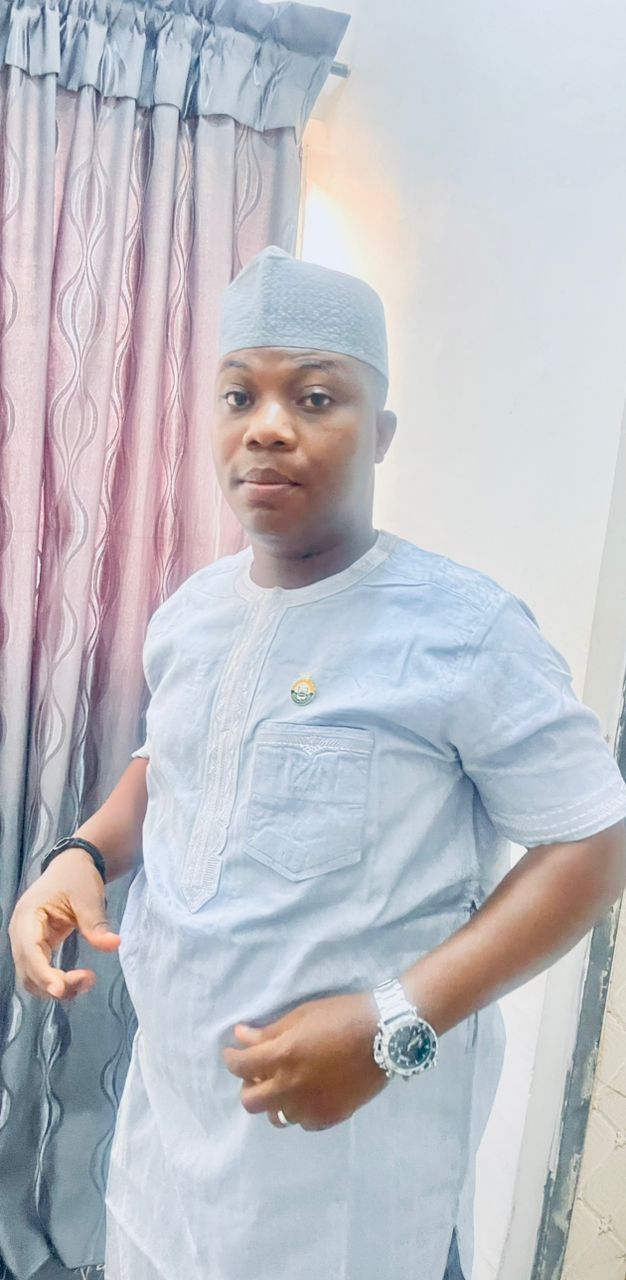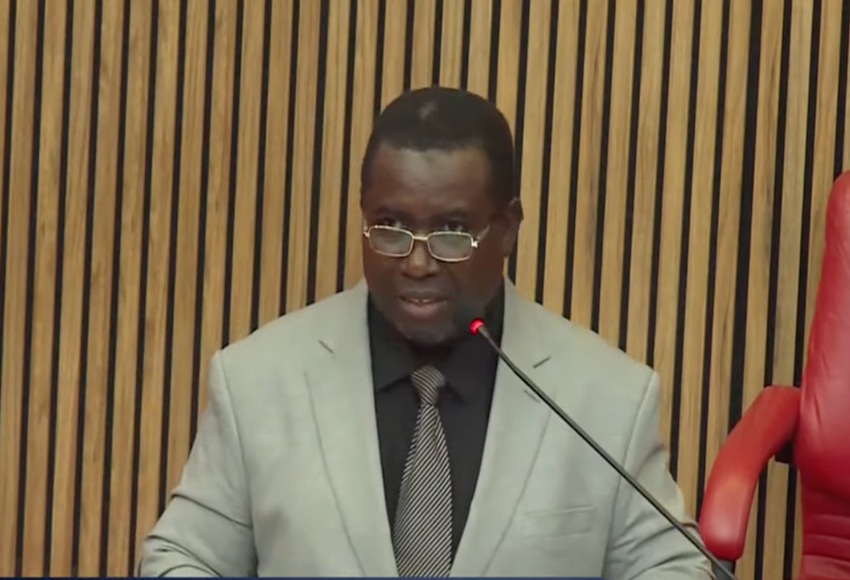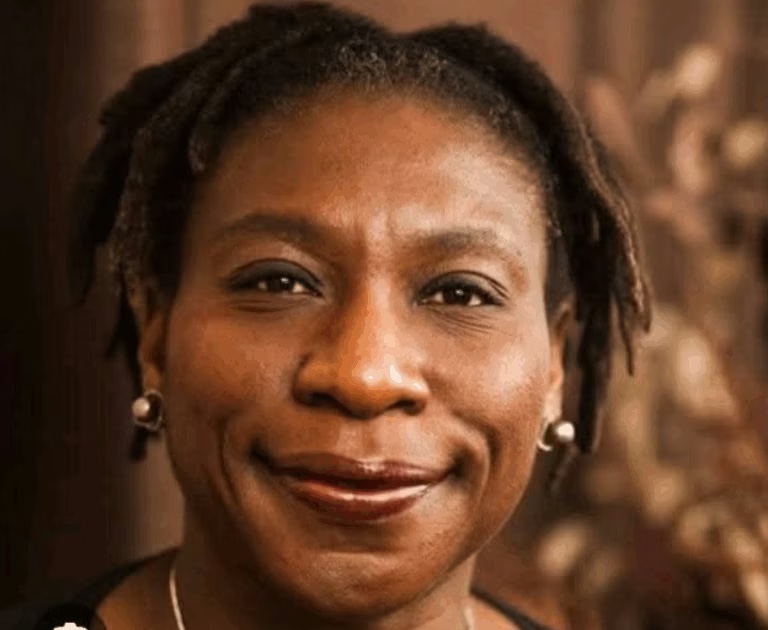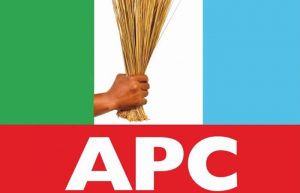
The Archbishop of Ibadan Province, Church of Nigeria Anglican Communion, Dr. Williams Aladekugbe, has expressed concern that the ongoing economic difficulties in the country are preventing Christians from attending church services and making offerings.
He shared these observations during the 1st Distinguished Alumni Lecture of the Department of Religious Studies, Faculty of Arts, University of Ibadan, held at the Otunba Subomi Balogun Conference Centre, Ibadan, over the weekend.
Dr. Aladekugbe pointed out that the economic strain, largely caused by the removal of the fuel subsidy, has significantly impacted churchgoers. He explained that many families are no longer able to attend services, and those who manage to attend often lack the financial means to contribute offerings or other donations.
“Christians, alongside followers of other faiths, are feeling the economic pressure across Nigeria,” he said. “This hardship has even prompted one clergyman to call on President Bola Tinubu during the funeral of late Governor Rotimi Akeredolu, urging him to act and save Nigerians from hunger.”
Aladekugbe, who also serves as the Bishop of Ibadan North (Anglican) Diocese, noted that Nigerians have a long history of protesting against policies that negatively affect the economy.
He added that despite ongoing demonstrations, the high cost of living remains unchanged, and the country’s citizens continue to demand action from President Tinubu to alleviate the economic struggles.
“Many groups, associations, clubs, traditional rulers, and the general population are increasingly frustrated with the current government’s economic policies,” he said.
“The hardship, insecurity, poverty, and unemployment have left many people feeling hopeless. The soaring prices of food have only worsened the situation, and crime is on the rise as a result.”
He further observed that the current crisis has reached a tipping point. Nigerians are increasingly voicing their concerns, whether on social media, in public spaces, or through community discussions. Some are questioning the country’s political future, with many lamenting that their faith is being tested.
“The clergy and ministers of God have an important role to play during this time,” Dr. Aladekugbe said. “We must work harder to support our people, providing guidance to help them cope with feelings of despair and hopelessness. More sermons, teachings, and lectures are needed to reinforce faith, so that Christians can weather this storm, which we hope is only temporary.”
He acknowledged that many people are living in fear due to the present circumstances, but emphasized that faith must be nurtured as a means of invoking divine intervention. “In today’s Nigeria, people are consumed by fears of the unknown, poverty, and what might happen in the future. These fears are only exacerbated by a lack of faith,” he said.
“In the face of so many challenges, fear cannot offer a solution. It is only through faith that we can address the issues confronting us. God should remain the ultimate reference point for anyone seeking a real solution to the difficulties of life.”
Advertisement







